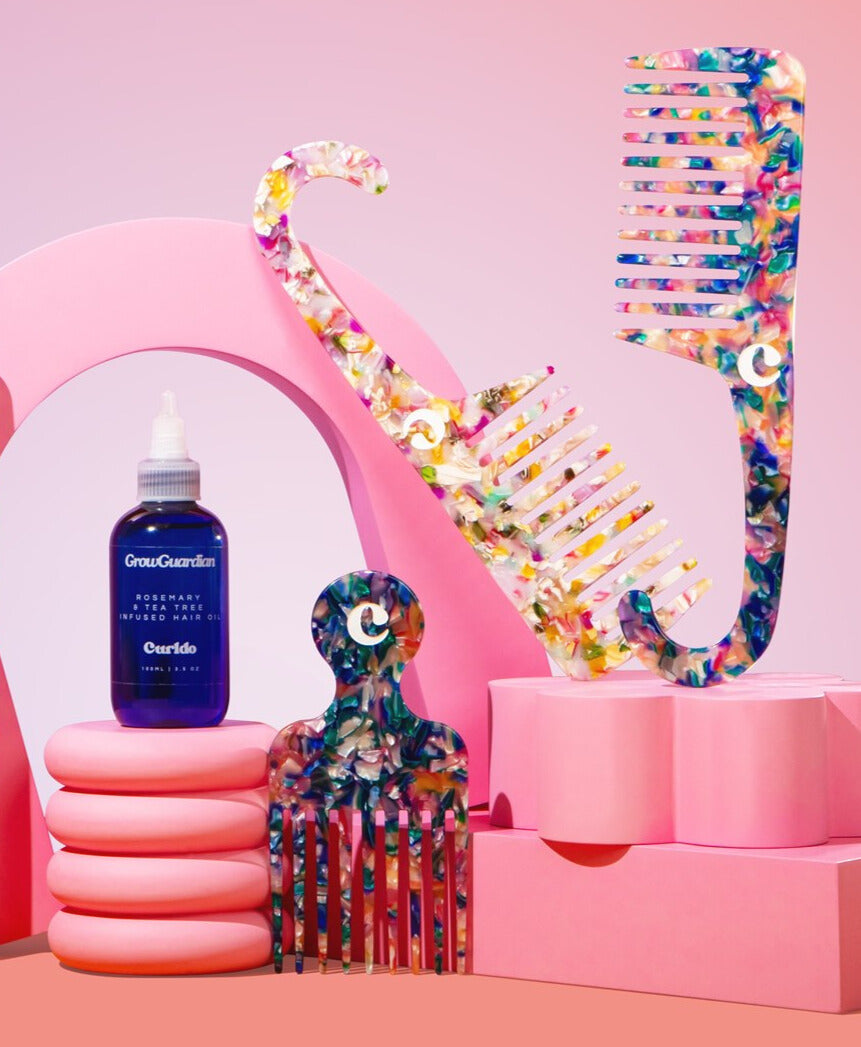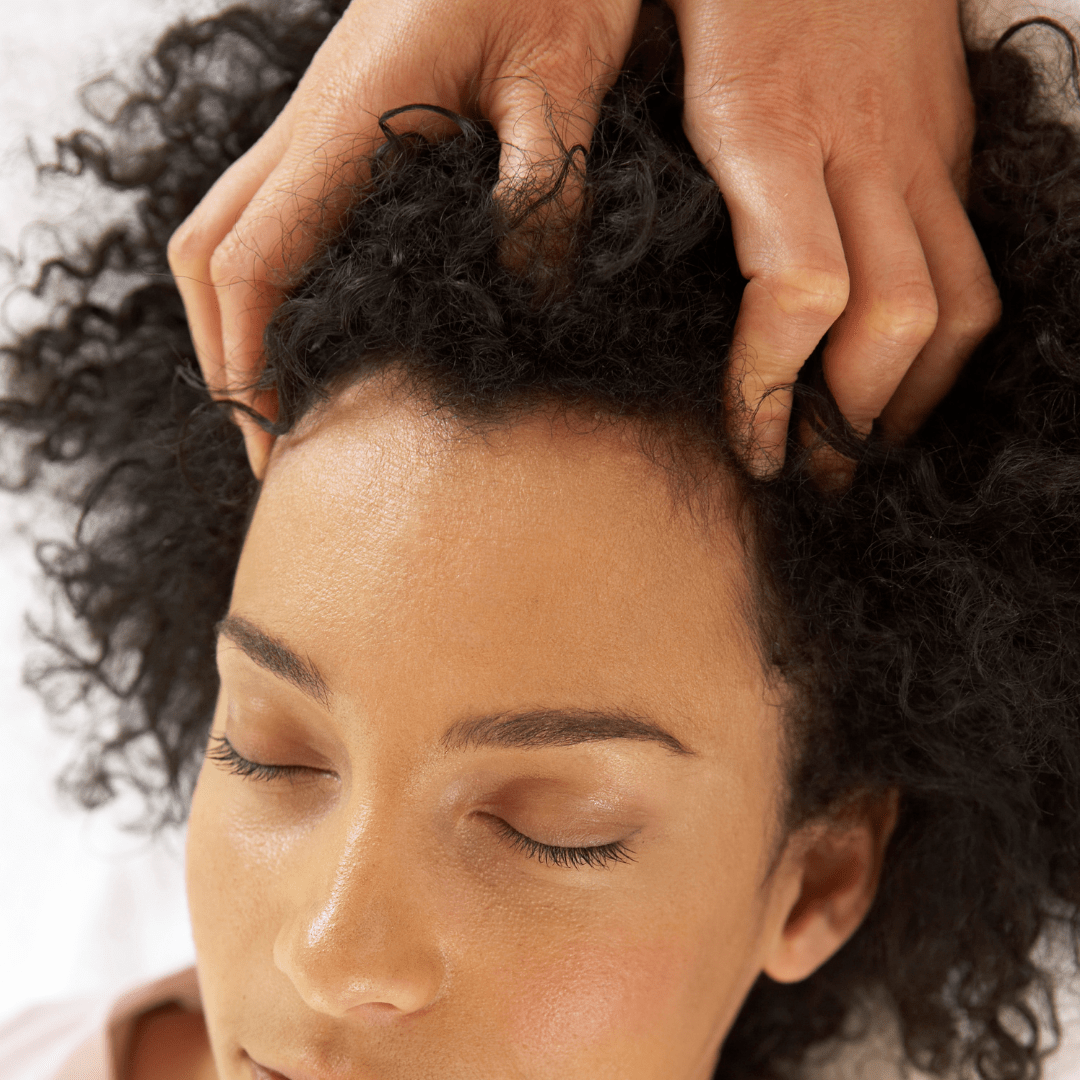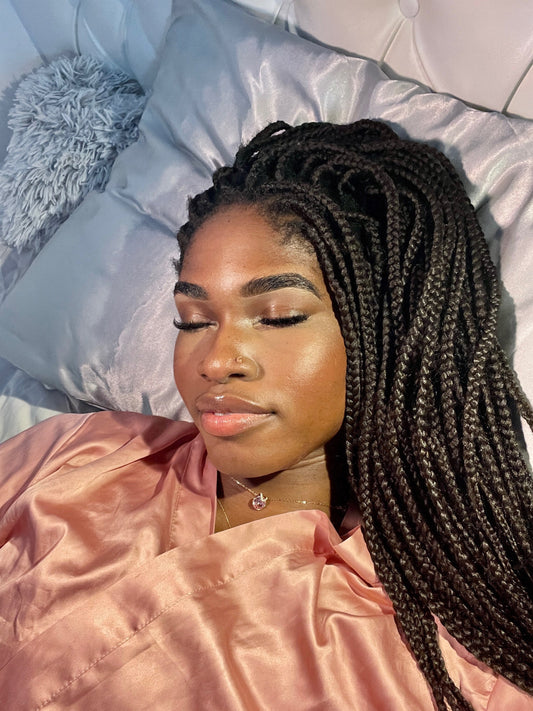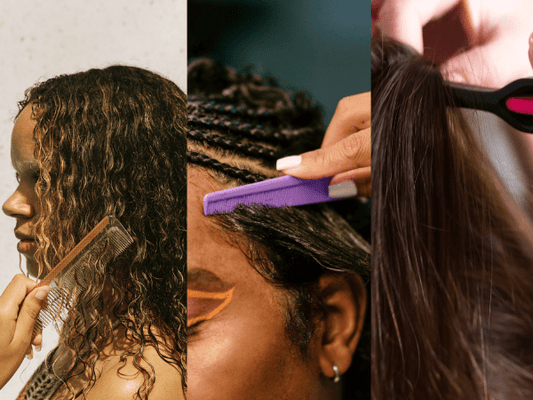Understanding the Causes of an Itchy Scalp
1. Dandruff and Seborrheic Dermatitis: One of the most common causes of an itchy scalp is dandruff, characterized by flaking and sometimes redness. Seborrheic dermatitis, a more severe form of dandruff, can lead to significant scaling, itching, and irritation.
2. Dry Skin: Just like the rest of your skin, your scalp can become dry, especially in cold, dry weather, leading to itchiness.
3. Psoriasis: This autoimmune condition can cause thick, scaly patches to form on the scalp, resulting in itching and discomfort.
4. Contact Dermatitis: Sensitivity to hair care products, including shampoos, conditioners, and hair dyes, can cause contact dermatitis, leading to an itchy, irritated scalp.
5. Head Lice: An infestation of head lice can cause intense itching, as the lice bite into the scalp to feed on blood.
6. Fungal Infections: Ringworm (tinea capitis), a fungal infection, can affect the scalp, leading to scaly patches, hair loss, and itching.
Treatment Options for an Itchy Scalp
1. Medicated Shampoos: For dandruff and seborrheic dermatitis, over-the-counter medicated shampoos containing ingredients like ketoconazole, selenium sulfide, zinc pyrithione, or salicylic acid can be effective.
2. Scalp Moisturizers: If dry skin is the culprit, using a scalp-specific moisturizer or a gentle, hydrating shampoo can help alleviate itching.
3. Topical Treatments: For conditions like psoriasis or contact dermatitis, topical steroids or other prescribed treatments may be necessary to reduce inflammation and itching.
4. Antifungal Treatments: Fungal infections require antifungal medications, which can be prescribed in oral or topical forms, depending on the severity of the infection.
5. Lice Treatment: Specialized over-the-counter shampoos and combs are available for treating head lice. It's also important to wash bedding and clothing in hot water to eliminate lice and prevent reinfestation.
6. Natural Remedies: For mild itching, natural remedies like tea tree oil, apple cider vinegar rinses, or aloe vera can provide relief due to their antimicrobial and soothing properties. However, these should be used with caution and diluted appropriately to avoid further irritation.
Preventing an Itchy Scalp
1. Proper Hair and Scalp Care: Regular washing with a shampoo suitable for your scalp type can prevent the buildup of oils and skin cells that contribute to dandruff and itching.
2. Avoid Harsh Products: Choose hair care products free from harsh chemicals, fragrances, and dyes that can irritate the scalp. Opting for hypoallergenic or natural products can minimize the risk of contact dermatitis.
3. Maintain a Healthy Diet: A diet rich in omega-3 fatty acids, vitamins, and minerals can support skin and scalp health, reducing the risk of dryness and itching.
4. Manage Stress: Stress can exacerbate conditions like seborrheic dermatitis and psoriasis. Engaging in stress-reducing activities, such as exercise, meditation, or yoga, can help manage stress levels and potentially reduce scalp irritation.
5. Protect Your Scalp: In cold, dry weather, wearing a hat can protect your scalp from the elements, preventing dryness and irritation. Similarly, in hot, sunny conditions, a hat can protect the scalp from UV damage.
6. Regular Check-ups: For persistent or severe itching, consulting a dermatologist is essential to identify the underlying cause and receive appropriate treatment. Early intervention can prevent the condition from worsening and alleviate discomfort more effectively.
Conclusion
An itchy scalp can stem from various causes, each requiring a specific approach to treatment and prevention. By understanding the underlying factors contributing to scalp itchiness and adopting a tailored care routine, individuals can effectively manage and alleviate their symptoms. Whether through over-the-counter treatments, prescription medications, natural remedies, or lifestyle adjustments, relief from an itchy scalp is achievable. Prioritizing scalp health not only addresses immediate discomfort but also fosters healthier, more vibrant hair in the long term.











